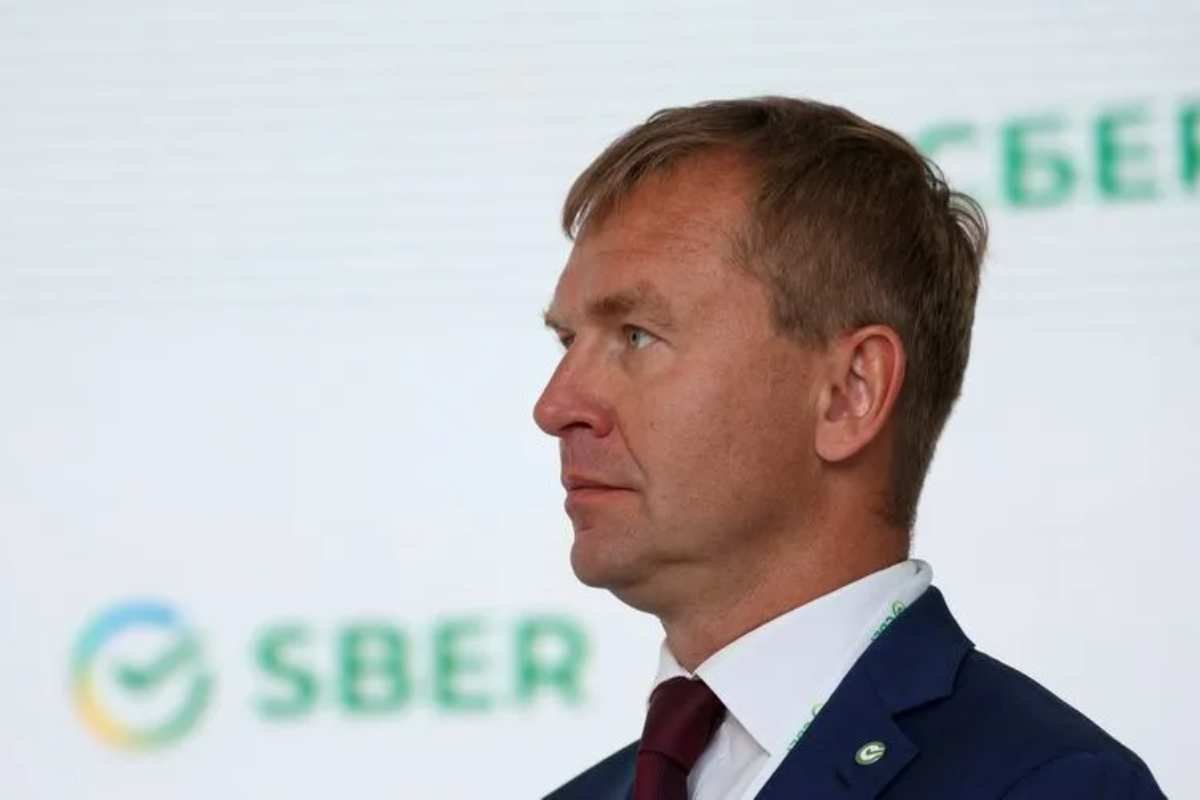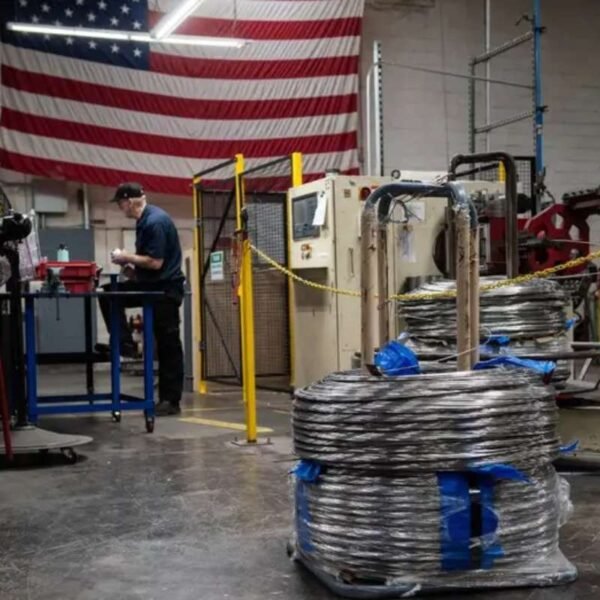Source – finance.yahoo.com
Smooth Transactions Amid Growing Trade
Russia’s trade relationship with India has significantly strengthened, with bilateral payments proceeding smoothly despite challenges faced with other countries, according to Anatoly Popov, Deputy CEO of Russia’s largest bank, Sberbank. Speaking to Reuters, Popov revealed that Sberbank is responsible for handling payments for up to 70% of Russian exports to India. In 2023, trade between the two nations nearly doubled, reaching $65 billion, driven largely by India’s increased imports of Russian oil following Western sanctions imposed in 2022 due to the Ukraine conflict.
Sberbank Expands Operations in India
The growing importance of the Indian market to Russian businesses has led Sberbank to expand its operations in the country. The bank has offices in Delhi and Mumbai, as well as an IT center in Bangalore, where staff numbers have increased by 150% this year. Sberbank has plans to hire an additional 300 IT personnel for its Bangalore hub, reflecting the bank’s commitment to deepening its presence in India. Popov highlighted that India, unlike many other countries, has not joined the Western sanctions against Russia, allowing Sberbank to operate freely within the Indian financial system without the limitations posed by U.S. and European sanctions.
Rouble-Rupee Transactions Streamlined
Popov noted that transactions between Russia and India, conducted in roubles and rupees, are now more efficient, with 90% of payments being processed within just a few hours. This smooth process contrasts sharply with the issues Russia faces in its trade relations with other countries, such as China. A major concern in 2023 was the surplus of rupees held by Russian companies, which initially hindered bilateral trade. However, Popov reported that this problem has been resolved as India’s exports to Russia have increased, helping to balance trade flows.
Future Prospects and Financial Innovations
Looking ahead, Popov emphasized the potential for India to further increase its exports to Russia, which he believes could rise tenfold to meet Russian import needs. He praised India’s diverse economy, stating that it offers almost everything that Russian importers require. Sberbank is also introducing new financial products, including rupee-denominated loans for Russian companies, which come with interest rates significantly lower than those in Russia. Additionally, the bank is developing hedging instruments, such as forwards and options, to better support trade between the two nations.
Popov expressed gratitude to Indian regulators for enabling Sberbank to operate through rupee-denominated “vostro” accounts, which simplify international transactions. While the current mechanism for converting roubles and rupees is effective, he suggested that stock exchange trading in rupees could further enhance transparency in these financial dealings.










